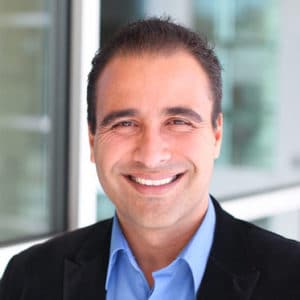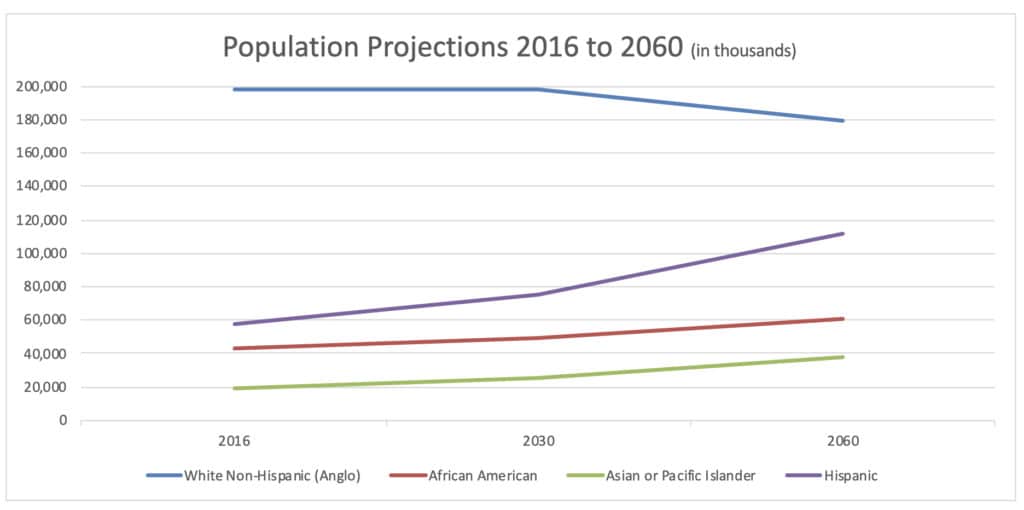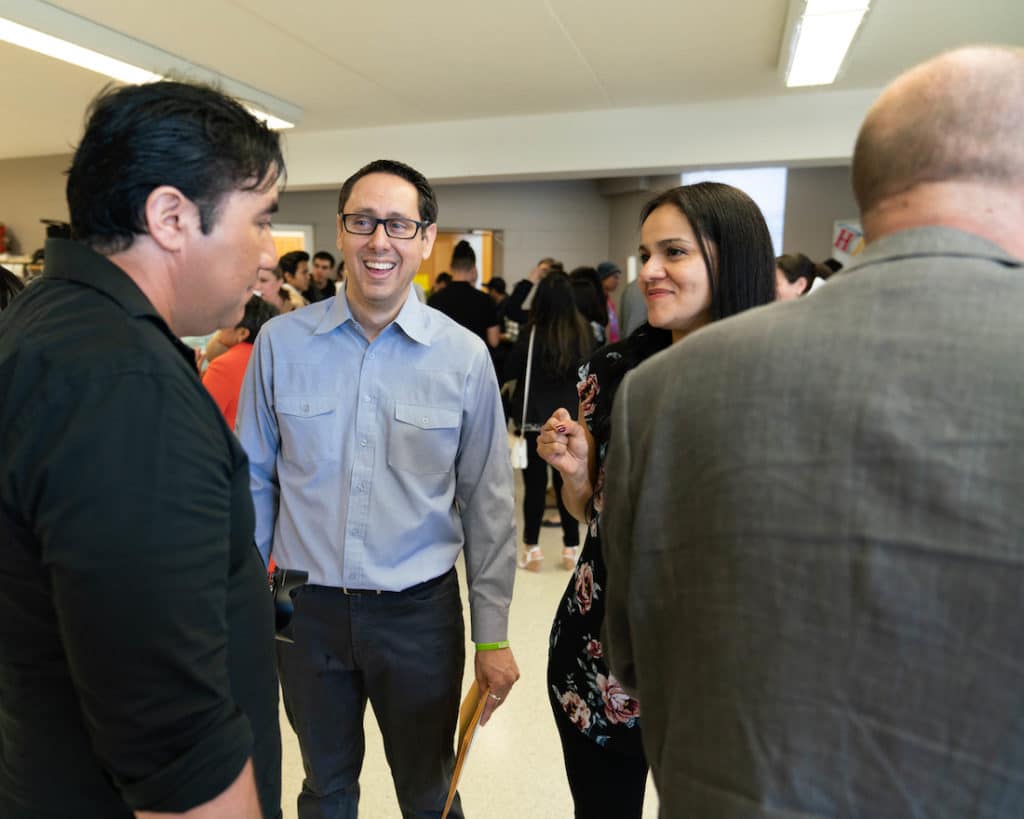Over the course of the next decade, demographic projections estimate that the Hispanic population will increase by 30 percent, up from the 2016 figure of 57 million to 74 million people by 2030. In recognizing these demographic shifts, the North American Mission Board (NAMB) will emphasize Hispanic church planting starting in 2021.
“We are on the path to becoming the largest ethnic group in the United States, even larger than the Anglo population,” said Julio Arriola, executive director of Hispanic relations and mobilization with the Executive Committee of the Southern Baptist Convention. “Most of these Hispanics don’t have a relationship with Jesus.

The Hispanic population, currently, makes up nearly 20 percent of the entire United States population and is far and away the fastest growing ethnic group in the U.S., a fact that led NAMB in recent years to produce Send Network planting resources in the area of assessment, training and coaching for Spanish-speaking church planting missionaries. Send Network also made a Spanish version of its Multiplication Pipeline available.
“We want to be strategic in reaching North America with the hope of the gospel,” said NAMB president Kevin Ezell. “That means that we need to be sure to emphasize Hispanic church planting. The demographic shift that is taking place is incredible, and we must take the gospel to the places where it is needed most.”
Ezell announced the Hispanic focus at a meeting with NAMB’s Board of Trustees October 6.
Arriola, whose role with the Executive Committee is jointly funded by NAMB, serves as a major catalyst for seeing more Hispanic churches launched.
“We have great interest from church planters to plant more Hispanic churches, but we need more missionaries,” Arriola said. “We ought to pray and call out the called. We need to explore all of the different ways to harvest champions for Hispanic church planting in the United States.”
Anglo Southern Baptist churches across North America can help, Arriola said, by opening their eyes to the Hispanic communities found within their own cities, towns and neighborhoods. From there, a team effort within the Southern Baptist ecosystem could lead to flourishing Hispanic ministries and church plants.

“Those churches located in communities with large Hispanic populations should consider opening Spanish-speaking services and starting Hispanic churches,” Arriola said. “Those in the SBC are here to help and assist in the process through collaboration with NAMB, our seminaries and through the state and regional conventions,” Arriola said.
While emphasizing the need for this focus, Arriola also spoke about the need to conduct these Hispanic ministries with excellence.
“There are no shortcuts to developing a healthy, thriving Hispanic church or service,” Arriola said. “Churches need to make sure those leaders and church planters are well-trained and biblically sound in their beliefs and practice.”
Through the seminaries, Hispanic fellowships within the SBC, through NAMB and through state convention partnerships, there is a pipeline of Hispanic ministers who are ready to serve.

“We are putting together a pool of new leaders and future church planters that will help us reach our goals,” Arriola said. “America has the second highest population of Hispanics in the world behind Mexico. Through all of our Southern Baptist partners and our 3,500 Hispanic, SBC churches, we are seeing leaders prepared and developed for the ministry.”
In reaching both the Hispanic and general populations in North America, Arriola believes Latino culture is a major asset for reaching everyone, not just Hispanics. There is a need beyond simply focusing on Spanish-speaking ministry opportunities.
“We can’t expect Anglo churches to be intentional in reaching Latinos and other ethnic groups if we, Latinos, are only intentional in reaching Hispanics,” Arriola said.“We ought to reach all people from every town, every city and every nation. Our unique Hispanic culture is a great platform to help us reach more people even beyond our own ethnicity.”
Published October 20, 2020